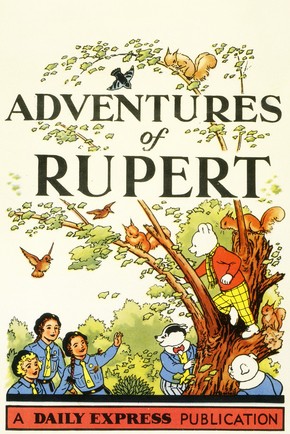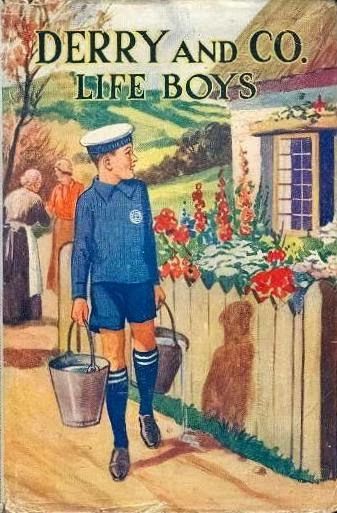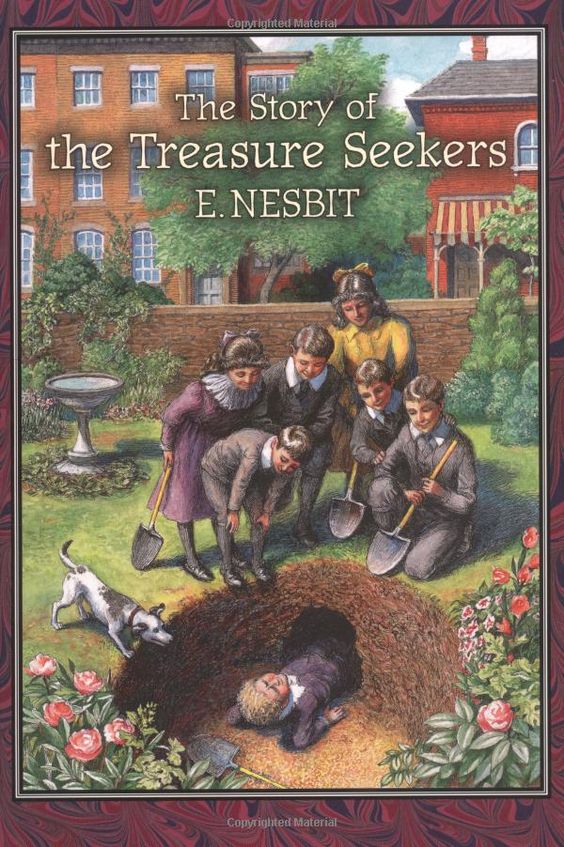|
|
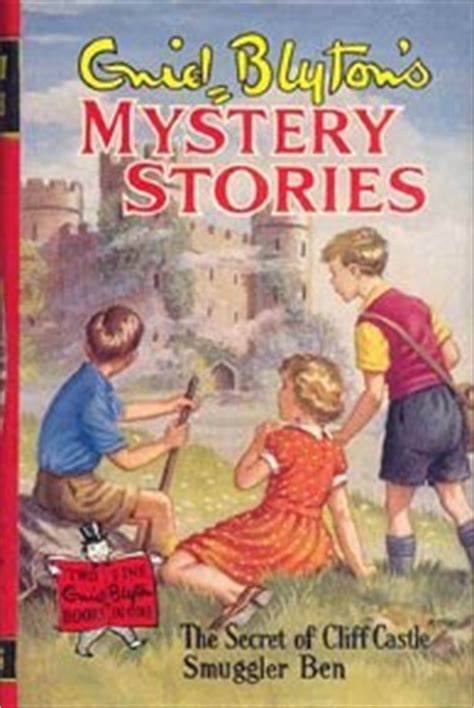 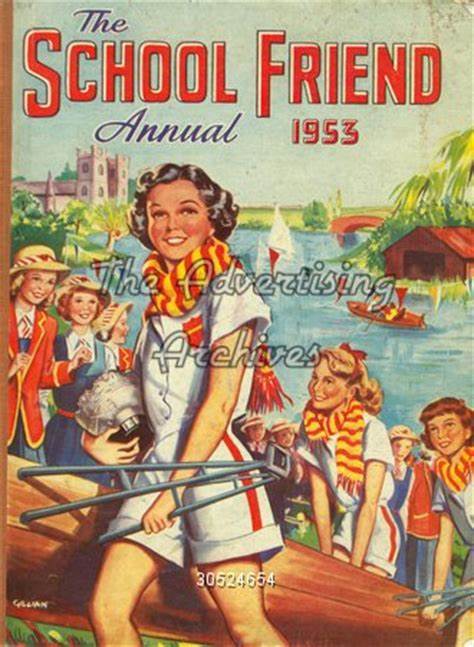 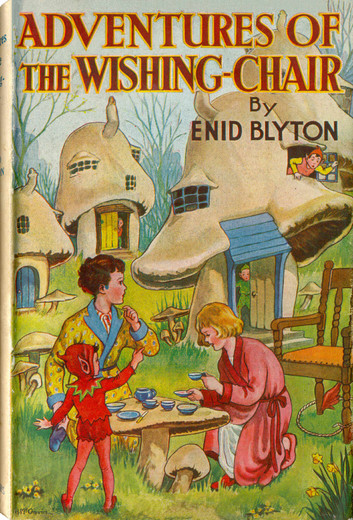 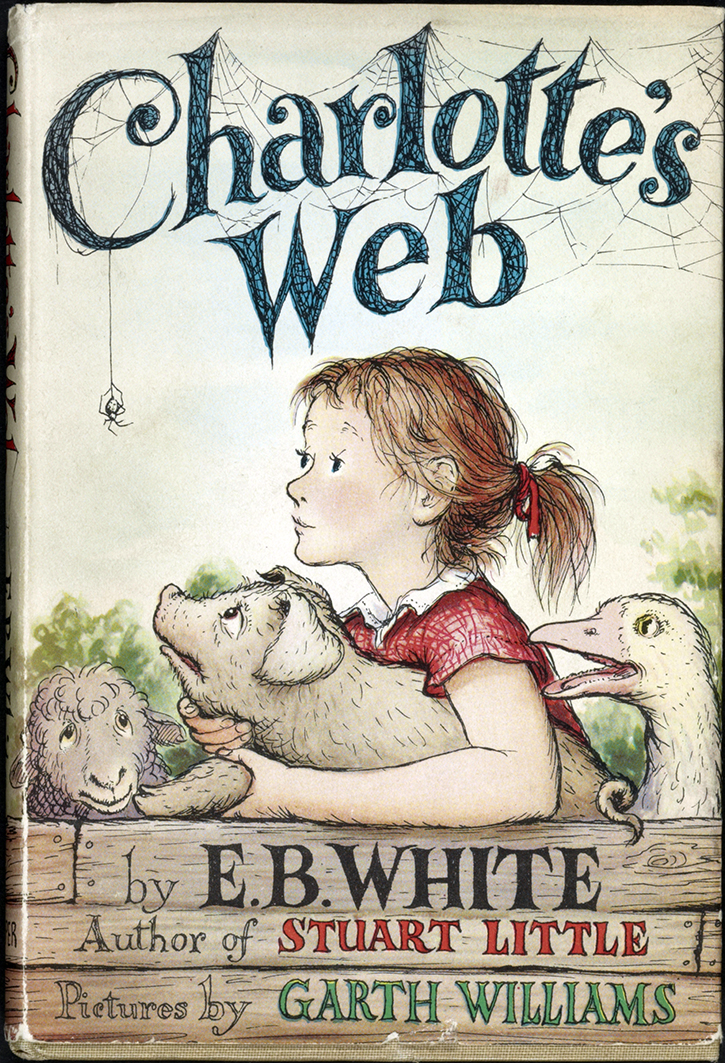 Previous "Growing Up" articles:
Episode 9 - Space City 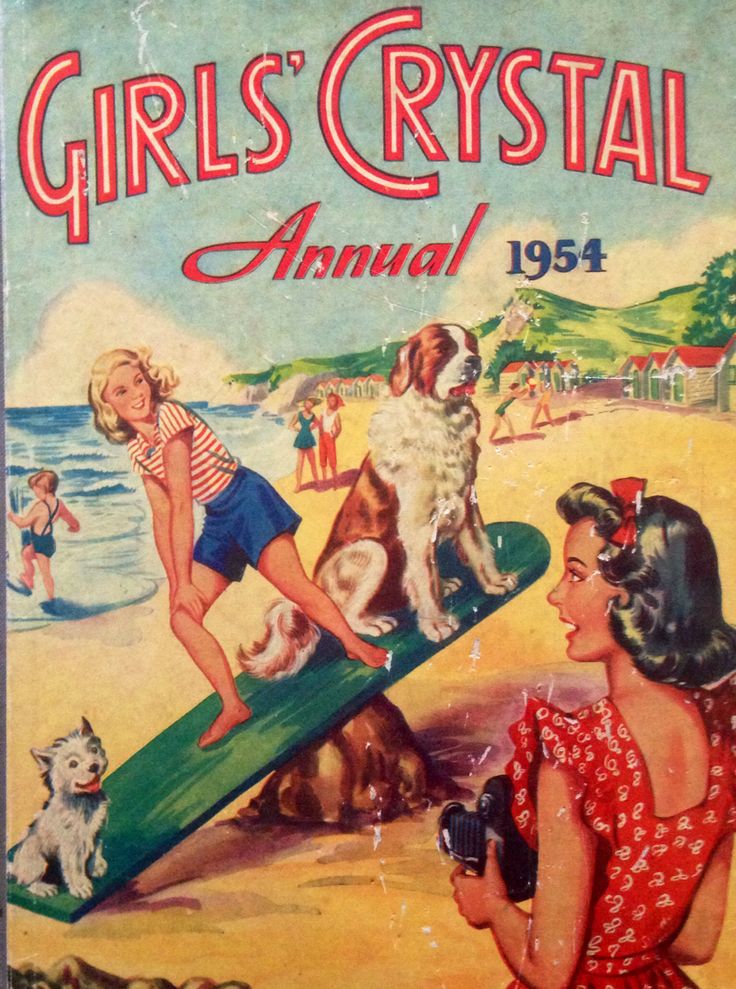 As soon as I had
established the fact that we were an item, I asked
Wendy if I coiuld bring my new Beatles album to her house next time, if
she had a record player, that was. She calmly and coolly informed me
that (although her Dad was a bus conductor) her Dad was a Hifi buff,
had a very expensive set-up, and had hundreds of LPs. He took to me
straight away, as did her Mum and her older brother, and although he
wouldn't let me touch the turntable, he did kindly put on Rubber Soul
for me. I soon discovered that as well as big band music, such as Count
Basie, Duke Ellington and the like, he also loved traditional jazz, had
seen Gerry Mulligan's jazz band many times whilst the family lived in
London; he also had recently discovered classical music. In the 1960s,
decent hifi came into its own when used for playing classical music,
and we spent many happy hours listening to records from his collection.
This coincided with the launch of the relatively cheap Music for
Pleasure record label, which I started to buy with my public library
wages, building up a small collection of my own. Wendy's Dad suggested
we invest in a Readers' Digest boxed set of three LPs, The Festival of
Light Classical Music. I no longer have it but often see copies at car
boot sales and in charity shops. It introduced me to many brilliant
overtures and shorter orchestral pieces, including Wagner's
Siegrfried's Rhine Journey, and a violin masterpiece, Zigeunerweisen. I
was familiar with the German word Zigeuner, from my Noel Coward
records, and knew that it had something to do with gypsies. As soon as I had
established the fact that we were an item, I asked
Wendy if I coiuld bring my new Beatles album to her house next time, if
she had a record player, that was. She calmly and coolly informed me
that (although her Dad was a bus conductor) her Dad was a Hifi buff,
had a very expensive set-up, and had hundreds of LPs. He took to me
straight away, as did her Mum and her older brother, and although he
wouldn't let me touch the turntable, he did kindly put on Rubber Soul
for me. I soon discovered that as well as big band music, such as Count
Basie, Duke Ellington and the like, he also loved traditional jazz, had
seen Gerry Mulligan's jazz band many times whilst the family lived in
London; he also had recently discovered classical music. In the 1960s,
decent hifi came into its own when used for playing classical music,
and we spent many happy hours listening to records from his collection.
This coincided with the launch of the relatively cheap Music for
Pleasure record label, which I started to buy with my public library
wages, building up a small collection of my own. Wendy's Dad suggested
we invest in a Readers' Digest boxed set of three LPs, The Festival of
Light Classical Music. I no longer have it but often see copies at car
boot sales and in charity shops. It introduced me to many brilliant
overtures and shorter orchestral pieces, including Wagner's
Siegrfried's Rhine Journey, and a violin masterpiece, Zigeunerweisen. I
was familiar with the German word Zigeuner, from my Noel Coward
records, and knew that it had something to do with gypsies. The piece captivated me and often made me wish I had not been forced to stop studying the violin. My friend from the Crypt Grammar School, David Cripps, who played the French Horn, had auditioned for the National Youth Orchestra at the same time I was supposed to, and was now principal horn player for the NYO, something I could only dream about now that my flirtation with orchestral violin playing was well and truly over. The last I heard of David was that he was principal horn player with the London Symphony Orchestra under Andre Previn. Well done David! What I should have done was to find another string teacher, of course, but at the time it happened, when I was twelve, there was only one thing to be done, and that was to stop violin and concentrate on another musical instrument - the guitar. With the guitar I could play along with my Acker Bilk tunes, and with the Django Reinhardt tunes, although I could never hope to play like the Belgian genius that was Django. Within a year of going out with Wendy, we started to talk about getting married. I was eighteen years old, and she was just sixteen when I first put it to her that we should maybe think about it, and she readily agreed. Since our first walk together, which took us through the villages of Aston and Benington, with her lovely dog Butch, we saw each other every single day. We were inseparable. We saw each other at work, in the library, and after an evening meal with Mum and Dad, I would walk to her house and we would sit and watch TV, or listen to music, and then we would go upstairs to her bedroom, lay on the bed together and talk about what we were going to do in the future. 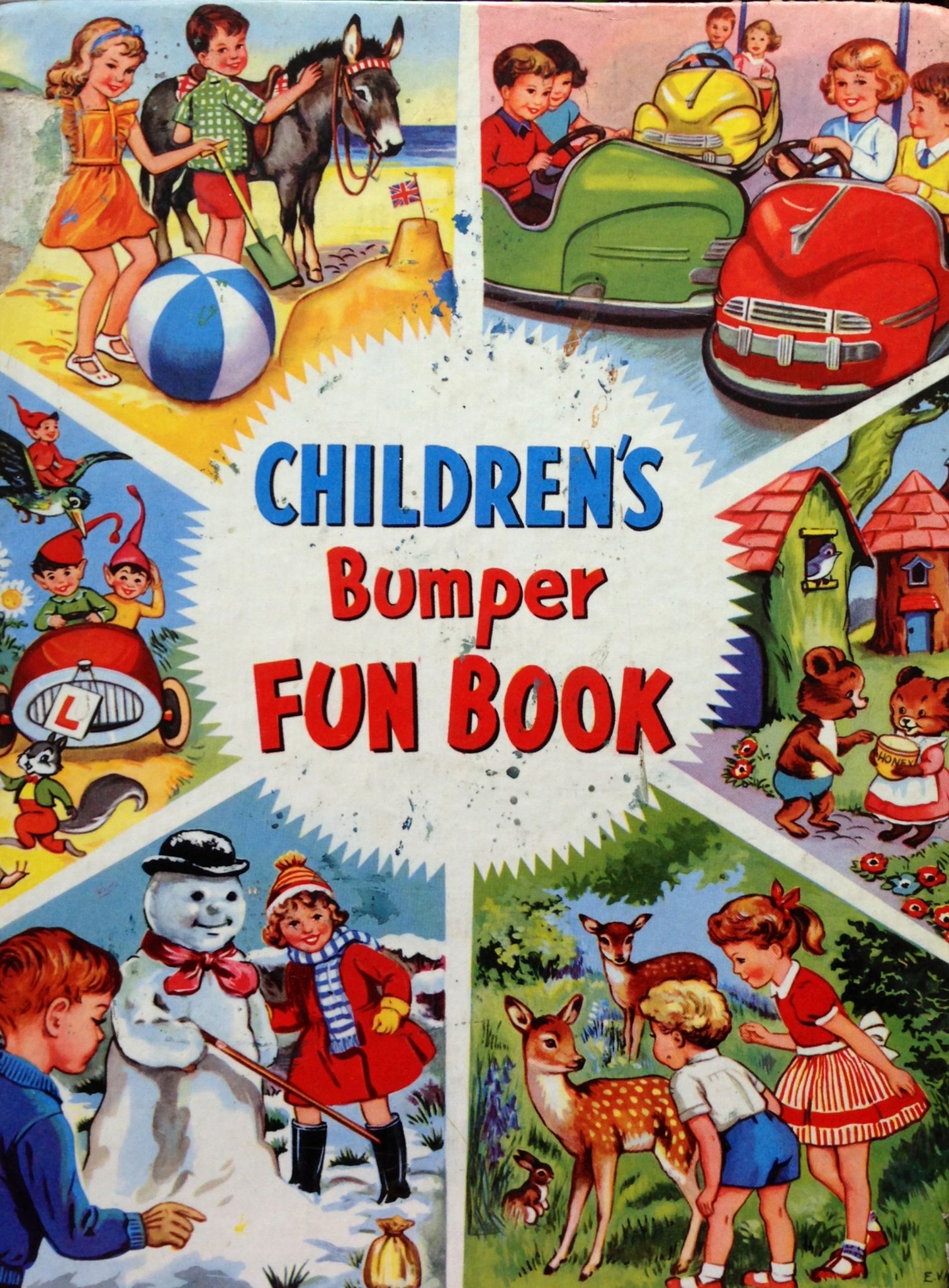 On May 21st 1966, we
were married in St
Mary's Church, Shephall, one of the original neighbourhoods of old
Stevenage before the new town was built. I was nineteen years old,
Wendy was seventeen years old, and we have been together ever since.
During the first few years of our life together, I discovered major
Beethoven symphonies I had never listened to before, including the
third, Eroica, and the Ninth, with that amazing choral finale. I
discovered Sibeliue, Tschaikowsky, Prokofiev (I knew one piece, Peter
and the Wolf, from my hours of listening to Children's Favourites, of
course), Brahms (those great symphonies and that fabulous violin
concerto!), Max Bruch, Chopin (the piano concerti are my favourite
Chopin pieces), Max Bruch's violin concerto No. 2, etc., etc. 1966, the
year of our marriage, was the year we won the football world cup, of
course, and spurred my interest in football. For no other reason than
that the Beatles and Gerry and the Pacemakers came from that great
city, I latched on to Liverpool football club and began to follow their
progress in the league. I was captivated by the team, and have been an
ardent fan of their ever since. At the same time, we were now able to
say that Wendy was definitely pregnant with our first child, Martin,
who was born in April 1967, and who immediately took over our lives. We
had by this time been given a house of our own in Stevenage, firstly in
Warwick Road, Chells (Stevenage new town is made up of neighbourhoods.
Wendy and I had both lived in Shephall, but our first home together was
in Chells, for six months, until we applied for and were given a
three-bedroom house in Chertsey Rise, the same road her Mum and Dad
lived in. Now we were just a few yards away from the support we needed
with bringing up Martin and Wendy was able to return to her library job
whilst I went off to work in the photographic department of Hawker
Siddeley Dynamics. On May 21st 1966, we
were married in St
Mary's Church, Shephall, one of the original neighbourhoods of old
Stevenage before the new town was built. I was nineteen years old,
Wendy was seventeen years old, and we have been together ever since.
During the first few years of our life together, I discovered major
Beethoven symphonies I had never listened to before, including the
third, Eroica, and the Ninth, with that amazing choral finale. I
discovered Sibeliue, Tschaikowsky, Prokofiev (I knew one piece, Peter
and the Wolf, from my hours of listening to Children's Favourites, of
course), Brahms (those great symphonies and that fabulous violin
concerto!), Max Bruch, Chopin (the piano concerti are my favourite
Chopin pieces), Max Bruch's violin concerto No. 2, etc., etc. 1966, the
year of our marriage, was the year we won the football world cup, of
course, and spurred my interest in football. For no other reason than
that the Beatles and Gerry and the Pacemakers came from that great
city, I latched on to Liverpool football club and began to follow their
progress in the league. I was captivated by the team, and have been an
ardent fan of their ever since. At the same time, we were now able to
say that Wendy was definitely pregnant with our first child, Martin,
who was born in April 1967, and who immediately took over our lives. We
had by this time been given a house of our own in Stevenage, firstly in
Warwick Road, Chells (Stevenage new town is made up of neighbourhoods.
Wendy and I had both lived in Shephall, but our first home together was
in Chells, for six months, until we applied for and were given a
three-bedroom house in Chertsey Rise, the same road her Mum and Dad
lived in. Now we were just a few yards away from the support we needed
with bringing up Martin and Wendy was able to return to her library job
whilst I went off to work in the photographic department of Hawker
Siddeley Dynamics. In the Sixties, Stevenage New Town was known as "Space City". The main thoroughfare through the industrial area was Gunnelswood Road. On one side of the road was Hawker Siddeley Dynamics, where we made the Blue Streak Rocket which was intended for launching satellites and Spacecraft; on the other side of the road, and occupying three-quarters of a mile of the road going south, there was the British Aircraft Corporation site, where they made, amongst other things, rockets and missiles intended for war, the English Electric Diesel Locomotive, and the Lightning fighter aircraft. I worked at both companies from 1968 to 1991, when we left Stevenage for the last time and moved to North Norfolk. The Sixties also saw the concerted efforts of the Americans to send men to the moon and to bring them back safely "by the end of the decade". They say that most people knew where they were when President Kennedy was assassinated. I don't recall that precise moment, but I do know where I was when Robert Kennedy was assassinated - on 5th June 1968 I was making my way from the technical library, where I was the librarian, to the photographic department to see my old boss, Nalcolm Baldwin, with a message from Geoffrey Pardoe, the brilliant space scientist who was special advisor to James Burke (of BBC TV's Tomorrow's World programme fame) on the BBC programmes that followed the progress of the Apollo space programme as they prepared for the 1969 moon landing mission. We were to find a picture of a London Bus - a routemaster - and blow it up to a reasonable size, mount it on card so that Geoffrey could hold it up on TV to compare with the Apollo Space capsule that would soon be on its way to the moon with Neil Armstrong, "Buzz" Aldrin and Michael Collins on board. To think that we were involved with such a project was amazing! 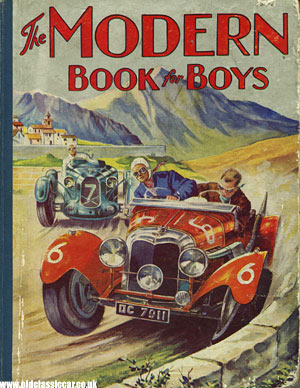 I had long been
fascinated by the
prospect of space travel - all of my comics, the Tiger and the Lion,
and my occasional read, the Eagle's Dan Dare, featured turn of the
century space travel to the Moon and to Mars - it was something to look
forward to. It never happened, of course. The British Government did
not have the foresight to believe in any major space programme,
although after Blue Streak was cancelled, Hawker Siddeley, now part of
the giant British Aerospace company, started to manufacture
world-beating communications satellites. Now, fifty years later, the
first "space tourists" have just returned successfully from their first
three-day inner space mission. The future looks bright! Living in
Stevenage New Town in the Sixties was great. There was so much going
on. I forgot to mention that in the year in which I started to go out
with Wendy, I went to the Locarno Ballroom to watch the Rolling Stones
perform, and it blew me away! I had previously run into members of the
group whilst on a trip to London to catch up with an old school friend.
We went out early evening and found ourselves at a large house, I think
it may have been in St John's Wood, in which Alexis Korner, the great
R&B musician, rehearsed his band, and people like Keith
Richard,
Brian Jones, Jimmy Page, and Eric Clapton would come along and play
along with Korner's various group members. There was the sound of music
coming from virtually every room in the house. The house itself
reminded me of the one in The
Devil
Rides Out
when the Duc and Rex van Ryn go to find Simon. That was St John's Wood
too, I think. Anyway, the concert in the Locarno Ballroom in Stevenage
prompted me to go out and buy the Rolling Stones LP. It was the last
"popular music" concert I ever went to, and it was mind-blowing! I had long been
fascinated by the
prospect of space travel - all of my comics, the Tiger and the Lion,
and my occasional read, the Eagle's Dan Dare, featured turn of the
century space travel to the Moon and to Mars - it was something to look
forward to. It never happened, of course. The British Government did
not have the foresight to believe in any major space programme,
although after Blue Streak was cancelled, Hawker Siddeley, now part of
the giant British Aerospace company, started to manufacture
world-beating communications satellites. Now, fifty years later, the
first "space tourists" have just returned successfully from their first
three-day inner space mission. The future looks bright! Living in
Stevenage New Town in the Sixties was great. There was so much going
on. I forgot to mention that in the year in which I started to go out
with Wendy, I went to the Locarno Ballroom to watch the Rolling Stones
perform, and it blew me away! I had previously run into members of the
group whilst on a trip to London to catch up with an old school friend.
We went out early evening and found ourselves at a large house, I think
it may have been in St John's Wood, in which Alexis Korner, the great
R&B musician, rehearsed his band, and people like Keith
Richard,
Brian Jones, Jimmy Page, and Eric Clapton would come along and play
along with Korner's various group members. There was the sound of music
coming from virtually every room in the house. The house itself
reminded me of the one in The
Devil
Rides Out
when the Duc and Rex van Ryn go to find Simon. That was St John's Wood
too, I think. Anyway, the concert in the Locarno Ballroom in Stevenage
prompted me to go out and buy the Rolling Stones LP. It was the last
"popular music" concert I ever went to, and it was mind-blowing! As I said earlier, Martin was born in April 1967, and he took up much of our time for several years. Neither of us was earning a huge amount of money, but it was good, steady work, and we managed to put together enough money to buy a car. It came from Crest Cars in Luton, and it was a 1955 Ford Prefect in signal red, and, unusually, it had four doors. It started me off on a motoring love affair with Ford Cars. With only two emergency exceptions, the twenty or so secondhand cars I have owned have all been Fords. I am currently driving a 2000-built Focus Estate 1.8 Ghia which I think must have been "souped-up" in some way, as it leaves most other cars standing at traffic lights or at the end of a 20mph stretch of road. She is called Ruby because her number plate is RBY, although her colour is silver. She drives like a dream, and everything works, including the tailgate release switch! I am immensely proud of Ruby, she is probably the very best of all the Fords I have ever owned! The Ford Prefect cost £25, with £5 insurance, bought from Crest Cars on the day, and £5 for six months' road tax, I believe. Now we were going places, although we were still poor and our money ran out before the end of the week, when we got paid again! At this point I would nip down to Wendy's Mum and Dad's house and ask to borrow a fiver until payday. That actually lasted us in those days - we were poor but happy, and we never went without because of the unfailing support of our families. In 1968 I migrated from Hawker Siddeley Dynamics to British Aircraft Corporation because the money was slightly better, and it was while I was working there that the two companies were merged to become BAe. During this period, Stevenage was expanding at an amazing rate - local neighbourhoods were being built simultaneously and the new town began to spread out through the countryside so that the villages were swallowed up, and huge out of town supermarkets were being built - the shape of things to come. The sixties were coming to a close, the Beatles had split up, I had discovered the vast and stunningly beautiful world of classical music to add to my pop superstars (Bobby Darin etc.) and traditional jazz (Mr Acker Bilk); Sandra Dee was making wonderful films, I had rebuilt my collection of Dennis Wheatley and Leslie Charteris's Saint books; I had met and fallen in love with the girl with whom I would share the rest of my life, we had a beautiful son, Martin, who had already started to compile his own language, and life was still good. Time to say goodbye to the sixties and say hello to the seventies... Although, as I still have many treasured memories of the fifties and sixties, I think I'll double back and start all over again next month! The small print: Books Monthly, now well into its 24th year on the web, is published on or slightly before the first day of each month by Paul Norman. You can contact me here. If you wish to submit something for publication in the magazine, let me remind you there is no payment as I don't make any money from this publication. If you want to send me something to review, contact me via email at paulenorman1@gmail.com and I'll let you know where to send it.
|
|
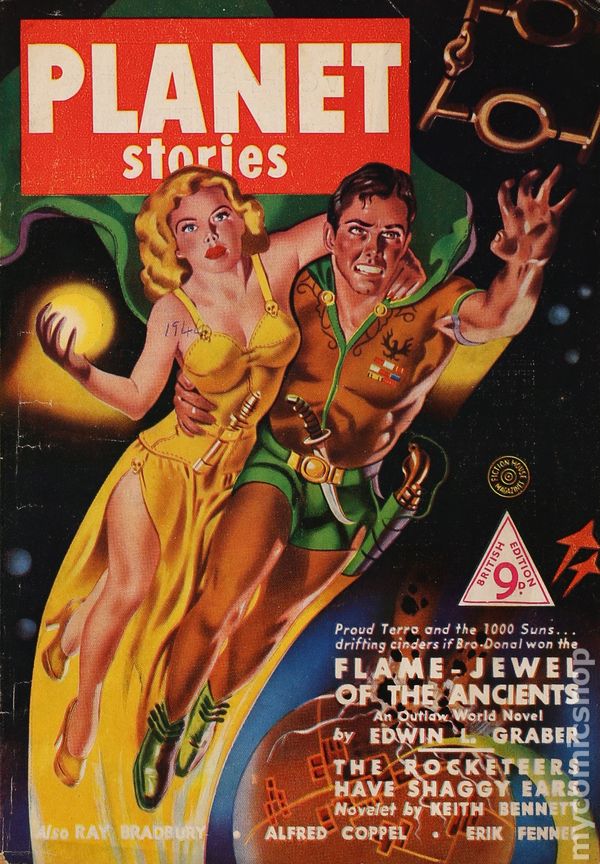
,
|
